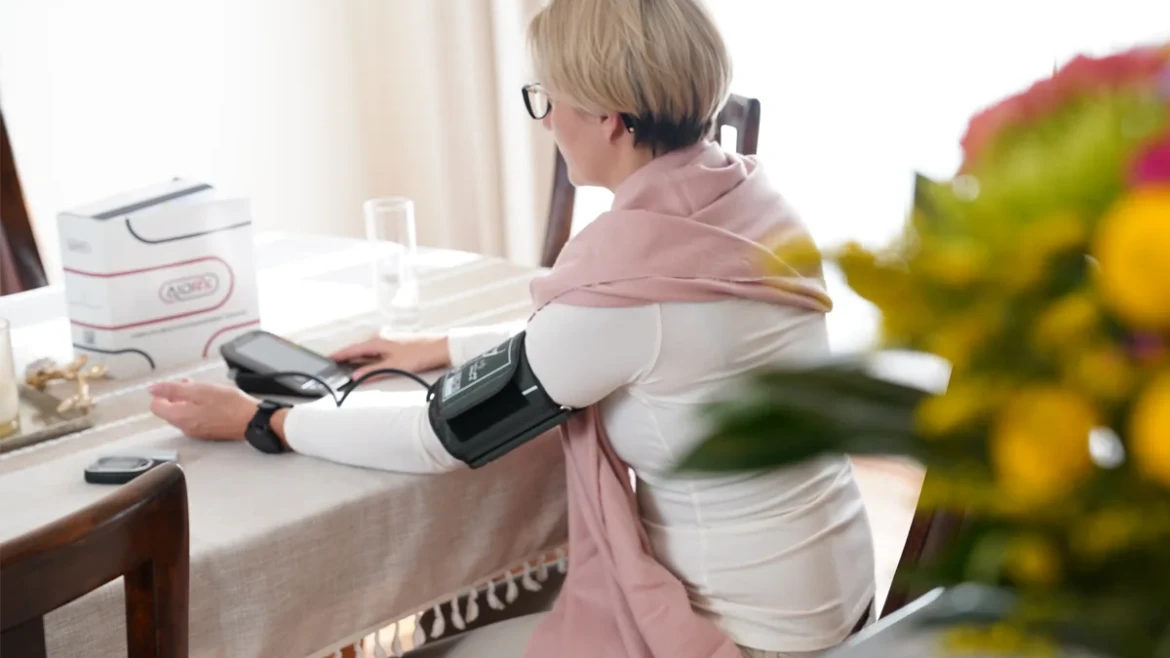
Remote Patient Monitoring (RPM) is a revolutionary solution that enables individuals to track their health metrics in real-time using smart devices in the comfort of their own homes.
This program is designed to provide continuous monitoring and personalized care for various health conditions, ensuring timely interventions and improved health outcomes.
DHI gives you the process, equipment and software to provide care where and when it’s needed most – wherever patients are – without burdening your workflow.
Patients use connected devices at home – like heart monitors and blood pressure cuffs – that automatically upload their health data through the cellular network to their doctor.
Key Features:
Seamless Data Integration:
Connect smart devices, including blood pressure monitors, glucose meters, and pulse oximeters, to the platform for real-time data transmission.
Personalized Health Metrics:
Receive tailored health metrics based on individual health data and needs, allowing for targeted interventions and proactive health management.
Timely Interventions:
Instant alerts and notifications to healthcare providers and users in case of any concerning changes in health metrics, enabling prompt action and support.
Suitable For:
Diabetes Management
Individuals with diabetes benefit from tracking blood glucose levels regularly. RPM enables continuous monitoring, offering insights into patterns and trends crucial for managing diabetes effectively preventing complications such as hypoglycemia or hyperglycemia.
Hypertension Management
RPM facilitates continuous tracking, allowing for early detection of blood pressure variations, aiding in timely interventions and better control to prevent complications like strokes or heart attacks.
Cardiac Conditions
Individuals with heart conditions need continuous monitoring of heart rate, ECG data, and other vital signs. RPM provides real-time monitoring, aiding in early identification of irregularities and potential cardiac events reducing hospitalizations.
Atrial Fibrillation
Continuous monitoring helps in detecting irregular heartbeats, enabling timely interventions to reduce the risk of strokes or complications.
Chronic Obstructive Pulmonary Disease (COPD)
Allows continuous tracking of lung function, aiding in early identification of exacerbations and guiding treatment adjustments for better management.
Congestive Heart Failure (CHF)
Continuous monitoring of heart function and vital signs enables proactive management, reducing the risk of hospital readmissions and improving overall quality of life.
Benefits:
Enhanced Patient Engagement
Empower patients to actively participate in their health management, leading to increased awareness and adherence to health metrics.
Improved Outcomes
Timely monitoring and interventions contribute to better health outcomes, reducing hospital visits and preventing complications.
